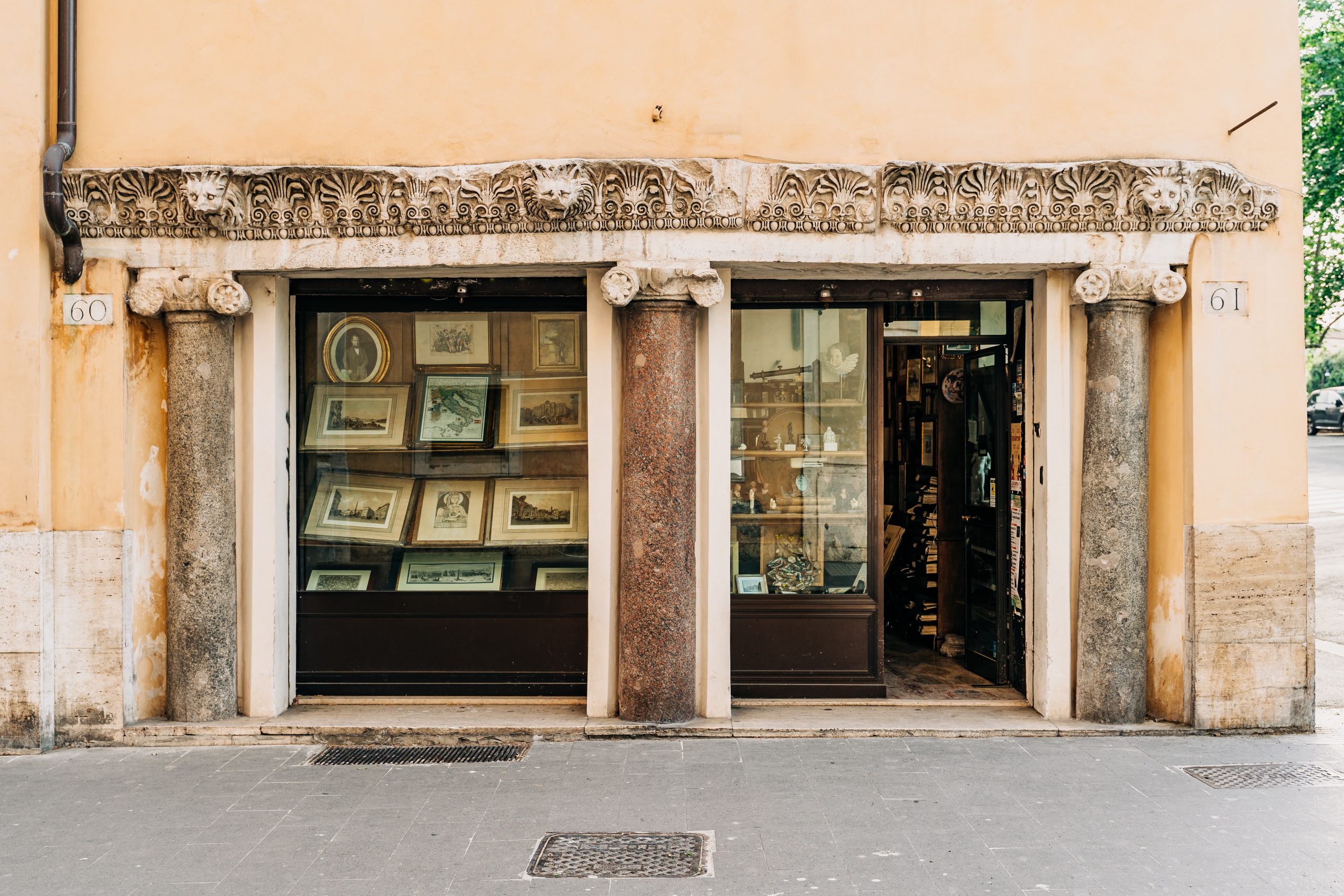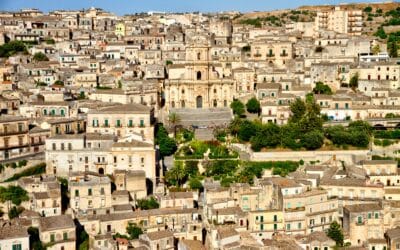What’s the difference between “sapere” and “conoscere”?
If you came across this page, it’s because you have been confused by using the Italian verbs sapere and conoscere. Fair enough.
English (and other languages) uses only one verb, the verb “to know,” to cover knowledge’s meaning in all possible forms.
Instead, Italian uses two different verbs: sapere and conoscere.
Sapere and conoscere are rarely interchangeable, and they express a different form of knowledge.
Let’s see now how to use the Italian verbs sapere and conoscere and what the difference between the two of them is.
Conoscere
Conoscere means to be acquainted with something or someone: a topic, a person, a place, or a subject. It’s used with people, places or things and means having good knowledge of something or someone because you have previously experienced it.
If you are still not sure whether to use sapere or conoscere, try this:
Conoscere is always followed by a noun.
You will never see conoscere used with another verb (which instead, is likely to happen with sapere).
Examples:
| Italian | English | Context/Type |
|---|---|---|
| Conosco la geografia italiana molto bene | I know Italian geography very well | Topic/Subject |
| Conosci Luciana? | Do you know Luciana? | Person |
| Conosci un buon ristorante a Roma? | Do you know a good restaurant in Roma? | Place |
| Conosciamo molto bene la città di Lucca | We know Lucca very well | Place |
| Conosci un buon dentista in città? | Do you know a good dentist in town? | Place |
| Lucia conosce la grammatica molto bene | Lucia knows grammar very well | Topic/Subject |
Sapere
The counterpart of “conoscere” is sapere. Sapere means to be aware of something. It means knowing a fact, an event, or a piece of information.
It’s usually used to ask for a piece of information or report it. That’s why sapere would often appear in conjunction with the chunks che / a che ora / quando / come / dove / se / perché.
For example,
| Italian | English | Context/Type |
|---|---|---|
| Sai che Maria si è sposata? | Do you know that Maria got married? | Personal News |
| Sai che Marco ha avuto un bambino? | Do you know that Marco had a baby? | Personal News |
| Sai che ore sono? | Do you know what time it is? | Time |
| Sai quando parte il treno? | Do you know at what time the train is leaving? | Schedule/Time |
| Sapete dov’è Maria? | Do you (guys) know where Maria is? | Location |
| Non so come cucinare questo piatto? | I don’t know how to cook this dish | Cooking/Procedure |
Sapere as a modal verb (sapere vs. potere)
Sapere is also used as a modal verb when an infinitive verb accompanies it. In this case, it is used to say that you know how to do something, that you have an ability or a skill.
- So parlare molto bene italiano, ma non so cucinare – I can speak Italian, but I can’t cook!
- Sai suonare la chitarra? – Can you play the guitar?
- Sai nuotare? – Can you swim?
As you can see from the examples, English uses the verb “can” in these types of sentences, which often leads native English speakers to use the verb “potere” when they translate into Italian. This is wrong. Saying puoi parlare has a different meaning from sai parlare.
Let’s have a look at it
| Puoi parlare in Italiano? | Can you speak in Italian? | Request |
| Sai parlare italiano? | Do you speak Italian? | Inquiry |
| Puoi cucinare? | Can you cook? | Request |
| Sai cucinare? | Do you know how to cook? | Inquiry |
More uses of sapere
Sapere also covers other meanings in Italian colloquial expressions.
You can use sapere to:
- tell the taste of something with the expression “sapere di”
- tell an opinion with the expression “mi sa che…”
Sapere di…
- Questo drink non sa di niente – this drink tastes like nothing
- Questo dolce sa di cannella – this cake tastes like cinnamon
Mi sa che…
- Mi sa che rimango a casa stasera – I think I’ll stay home tonight
- Mi sa che non cucino oggi, sono troppo stanca – I think I won’t cook today, I’m too tired.
“Mi sa” is an invariable chunk. In fact, we CAN’T use it with different pronouns.
You can practice the difference between conoscere and sapere and other difficult grammar topics with these excellent textbooks.







